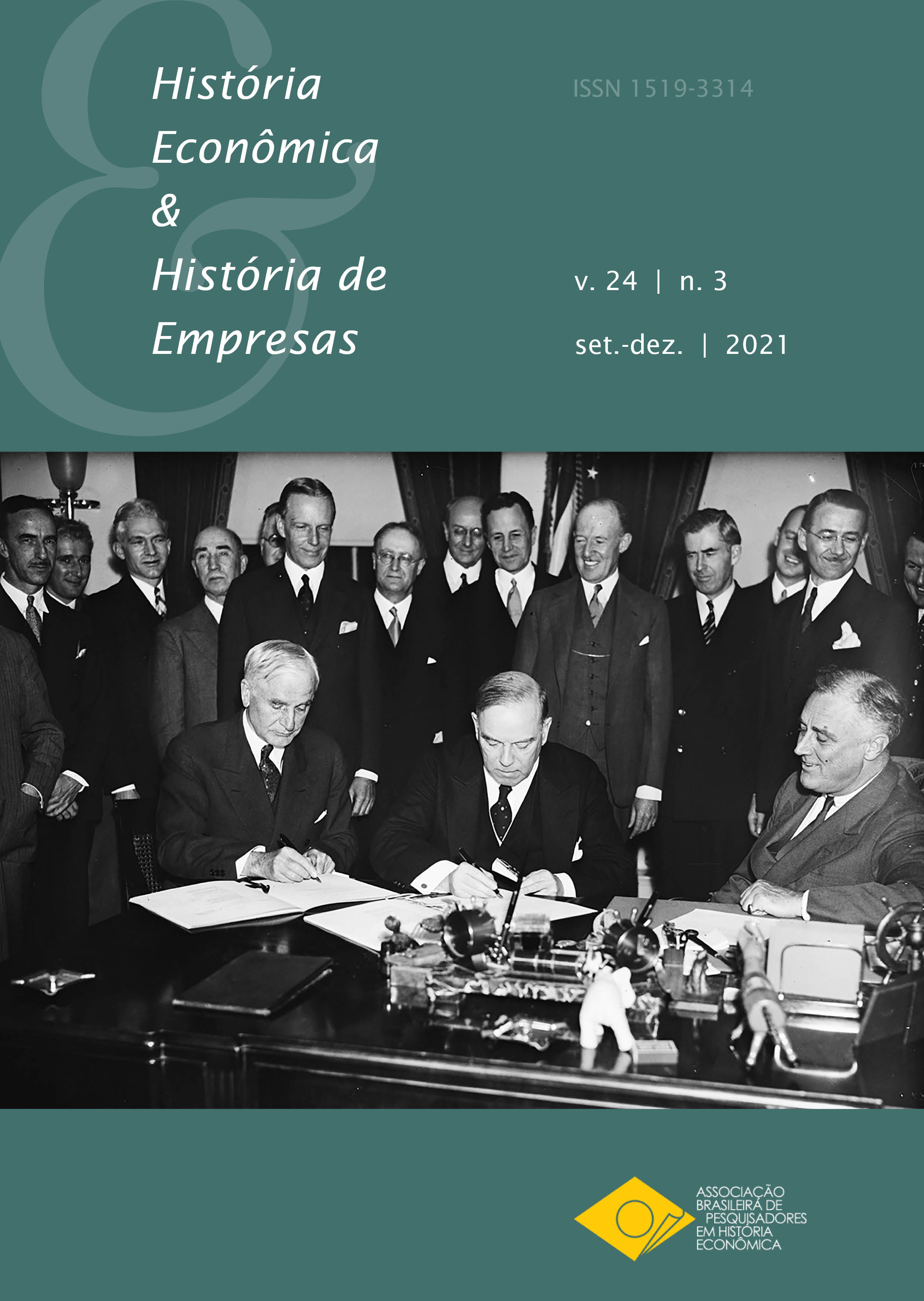Predatory instinct and the sense of economic development in Brazil Colony: an interpretation based on a Veblenian institutionalist approach
DOI:
https://doi.org/10.29182/hehe.v24i3.761Abstract
This article aims to or retake the theory of Veblen's instincts and, consequently, its incorporation into an alternative institutional institutional approach for reading institutions and regularities of the economic system of societies. This approach takes into account the instincts affected in a system composed by: social emulation habits, power tools and a motivation system present within the productive activities. Then use this new analytical model to interpret the meaning of the economic and social economy used in the Brazilian colonial period, as well as its impacts on institutions.
Downloads
Downloads
Published
How to Cite
Issue
Section
License
Os autores mantêm os direitos autorais sobre o trabalho, concedendo à revista apenas o direito de sua primeira publicação. Além disso, têm autorização para assumir contratos adicionais separadamente para a versão do trabalho publicada nesta revista, desde que reconhecida a publicação inicial neste periódico.





